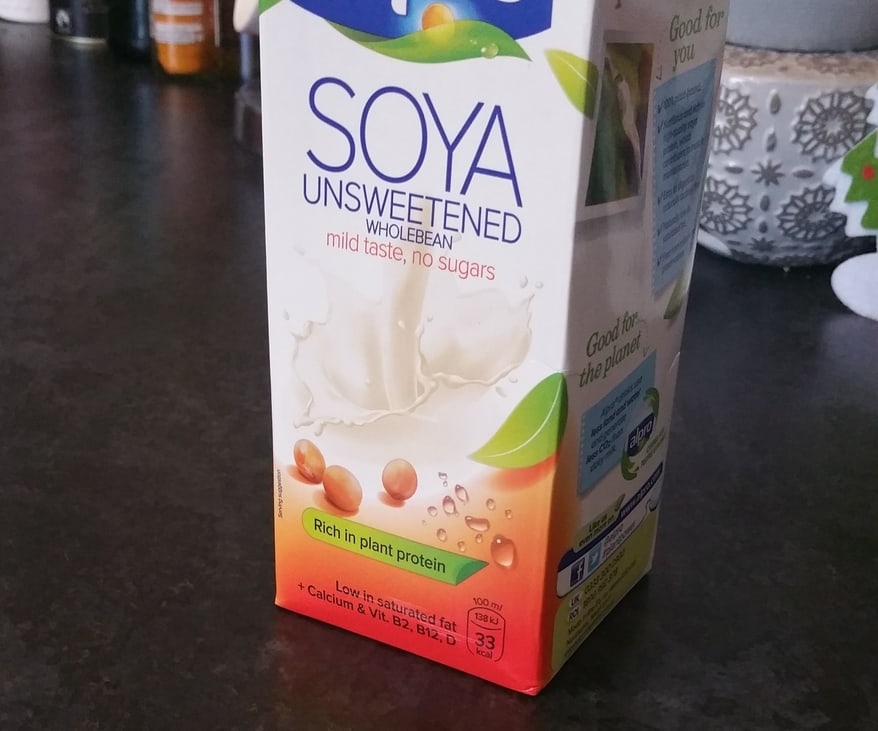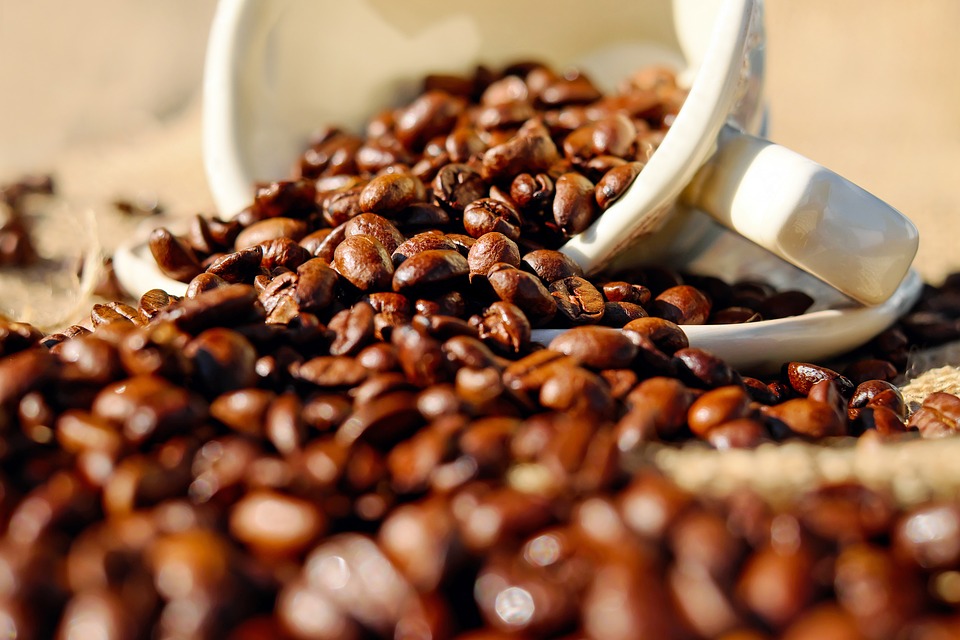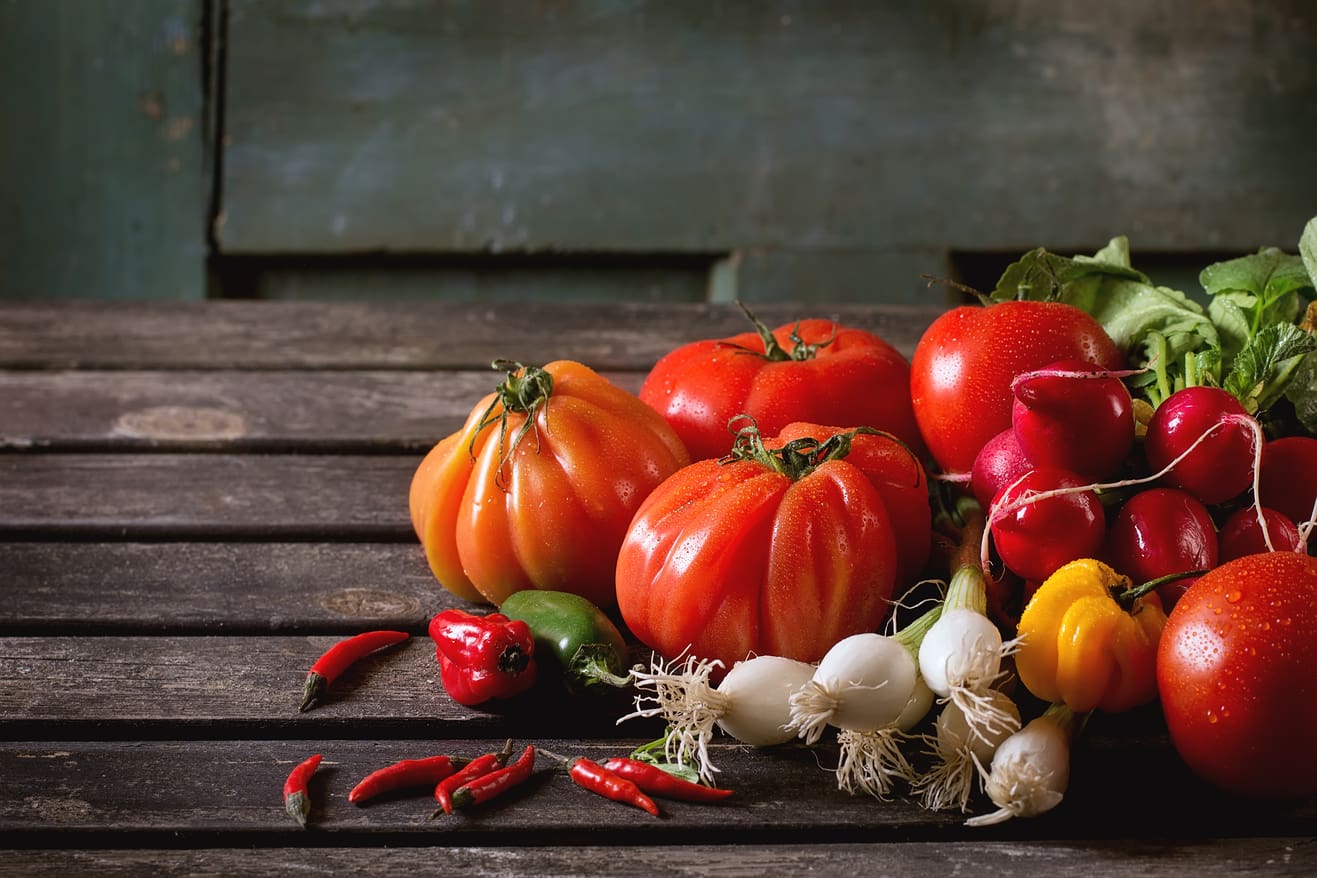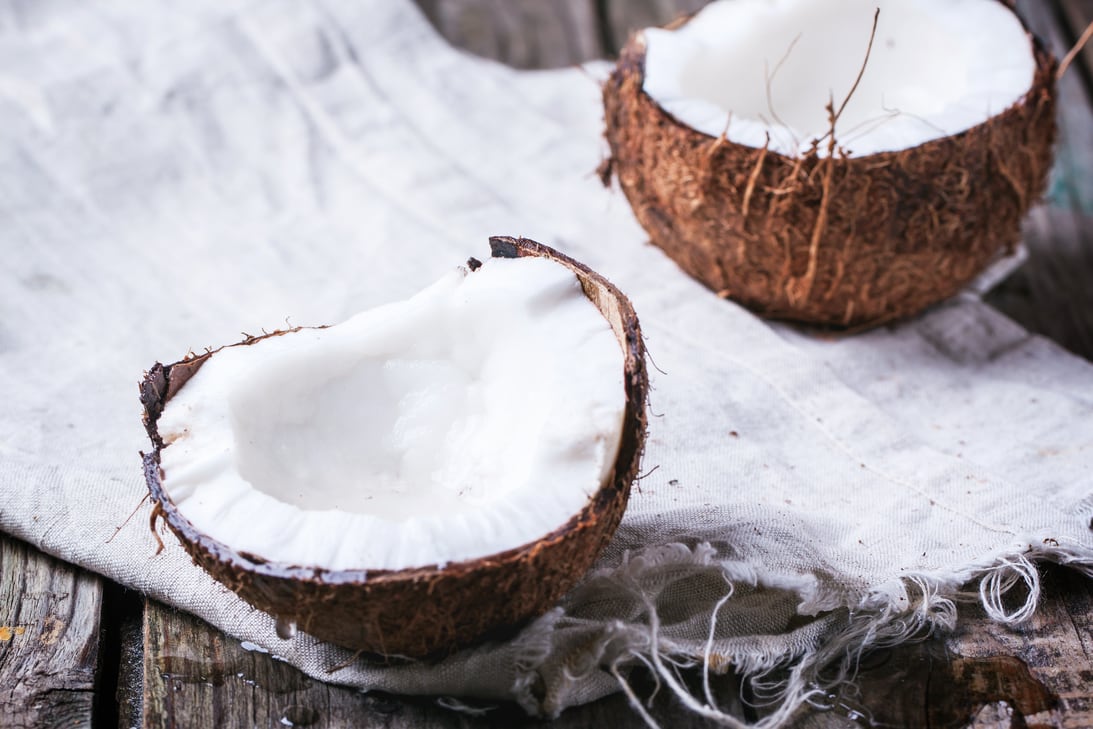Disclosure: This article may contain affiliate links. If you decide to make a purchase, I may make a small commission at no extra cost to you.
Inflammation in the body has a good and bad side to it. On the one hand, inflammation is necessary to help us fight infection, heal wounds, but if there is excessive inflammation it can also do the opposite and prevent healing.
Inflammation can be triggered by viruses, bacteria, yeast infections, and even something as harmless as grass pollen. Dysregulation of the immune system is a common problem and can be caused by genetics and diet.
Many people live with low-level chronic inflammation that puts them at risk of a heart attack and stroke. Poor dental health is one example where ongoing long-term inflammation or gum disease can significantly raise the risk of a heart attack.
It is believed that the bacteria cause the body to produce chemicals that raise inflammation, which then causes damage to the arteries.
Being on a calorie restriction diet is one way to dramatically reduce the level of chronic inflammation in humans.
In a series of studies conducted at WUSTL, researchers found that people who had been doing long-term calorie restriction had almost undetectable levels of inflammation when they measured C-reactive protein in the blood.
C-reactive protein is produced by our liver in the presence of inflammation in the body.
Now we know that calorie restriction has powerful benefits, we can choose to use the diet to help reduce the risk of inflammatory diseases. That being said, the foods in your diet also play a significant role also.
Nature provides effective and natural anti-inflammatory compounds
Take aspirin, for example, it’s derived from willow bark and is an effective anti-inflammatory treatment that millions of people take for their aches and pains. It’s especially useful at bringing down a person’s body temperature when they develop a cold or the flu.
There has been some research which suggests taking low dose aspirin might protect against cancer and even extend lifespan. However, the evidence is still weak in humans compared to animal studies.
Ibuprofen is another powerful anti-inflammatory that is a selective COX-2 inhibitor and can help reduce pain and swelling associated with inflammation. However, long-term use has been questioned because it may raise the risk of heart disease.
In my opinion, it’s fine to use these type of medications when we really need them, but we should not completely rely on them.
We should look at some of the natural remedies for inflammation to help balance out the immune system.
Top anti-inflammatory foods to fight inflammation
I have chosen these specific foods not because they are some of my favorites, but because they have some good scientific evidence to back them up. I hope this article gives you a good idea of the foods to include in your diet if you want to help reduce inflammation.
#1. Pineapple
Pineapples are one of my favorite fruits and are great to have in smoothies. Pineapples help fight inflammation, reduce swelling, and speed up healing time because it has an enzyme called bromelain.
Multiple studies have shown that bromelain speeds up wound healing and improves recovery time from exercise.
If you don’t like pineapple’s, you can take the enzyme in supplemental form. Taking it together with quercetin (a powerful antioxidant) has a stronger anti-inflammatory effect.
#2. Chocolate
Did you know the oldest woman to ever live ate chocolate every day? She claimed that she ate roughly 2.2 lbs of chocolate per week! Her name was Jeanne Calment and she lived to 122 years old.
Why is chocolate good for you?
Well, dark chocolate is flavonol-rich and these compounds help reduce inflammation, relax the blood vessels, and for some people, provide stress relief.
Dark chocolate also increases the expression of anti-inflammatory cytokines and reduces the expression or production of inflammatory mediators such as NF-kB IL-1B and IL-6. The higher the epicatechin in the chocolate, the larger the effect.
Dark chocolate also contains small amounts of resveratrol, which is a compound that is believed to partially mimic some of the effects of calorie restriction.
When choosing dark chocolate, make sure you choose at least 70% or higher.
#3. Green tea
Wake up to a cup of green tea. I do this every single morning!
Green tea is extremely popular in many parts of Asia and starting to become popular in the west as well.
If there is one thing you should add to your diet every day, it’s green tea.
It contains beneficial compounds like polyphenols. Green tea also provides an amino acid called l-theanine, which can help relieve stress, lower blood pressure, and boost your immune system.
Drinking up to 10 cups of green tea a day has also been shown to reduce the risk of cancer by over 40% and reduce the risk of death overall.
If you decide to drink green tea, make sure you don’t add any milk. Casein can bind to the polyphenols and reduce the bioavailability of these beneficial compounds.
Learn about the difference between sencha and matcha green tea as well as find out some of the benefits.
#4. Turmeric
Turmeric has been studied largely because it contains a powerful compound called curcumin. Turmeric is very useful for chronic inflammatory conditions and helps reduce the need for anti-inflammatory pain medication.
Consider drinking a cup of turmeric tea before bed. You could add it to green tea (it tastes very nice!). I recommend that you put in some honey and lemon to make it taste even better.
You can also add turmeric to many of your meals of course. But did you know that in Okinawa (the island of longevity), many of the elders drink a cup of turmeric before bed?
As I already mentioned, turmeric is highly effective at blocking inflammation associated with osteoarthritis and rheumatoid arthritis. According to many clinical trials conducted in humans, it can even be as effective as some medications. you can read more about the benefits of turmeric and ginger on arthritis here.
#5. Olive oil
Olive oil is a staple of the traditional Mediterranean diet. It can be used with so many foods and dishes, and as long as you’ve bought a decent quality extra virgin olive oil, you’ll get the health benefits from it consuming it on a regular basis.
Olive oil contains a compound called oleic acid and it has similar anti-inflammatory and pain reducing properties as the medication Ibuprofen but to a lesser degree.
A BBC article reported that 50 grams of extra virgin olive oil would be equivalent to 1/10th the dose of ibuprofen.
To bring up the longevity superstar once more: Jeanne Calment, the lady who lived to 122, also used to consume lots of olive oil!
#6. Walnuts
Walnuts can be a great snack by itself or combined with other foods. Walnuts contain a good amount of omega 3 fatty acids and that’s why they can help fight inflammation in the body.
Walnuts also contain something called melatonin, which is a potent antioxidant that is produced by humans naturally to help induce sleep.
It also has many other functions in the body relating to the function of our immune system.
#7. Red Apples
Red apples generally have the highest amount of quercetin, but it depends on the variety.
Quercetin is a powerful anti-inflammatory but it can be difficult to consume in significant quantities and it’s also not that bioavailable unless combined with bromelain.
Quercetin has been found to be beneficial in preventing the flu, colds, and bacterial infections. It may also be useful in helping people who suffer from allergies.
Another benefit of eating apples is that they contain a unique fiber called pectin. It’s found primarily in the skin of apples and it’s thought to help with many digestive complaints and even help reduce heart disease by lowering cholesterol.
#8. Berries
Eat lots of berries! They have a smaller effect on blood sugar compared to other fruits, so you can eat more liberally.
In fact, adding blueberries to smoothies and other high sugar foods can blunt the rise in blood sugar.
Berries contain many polyphenols and anthocyanins which help reduce inflammation in the body and promote health.
Inflammation Has A Role in Aging
Inflammation in the body can slowly cause the body to fail. It starts small, and the effects over time become larger when it reaches a critical threshold. The role of inflammation in aging is now thought to be very significant.
Obesity, junk food, smoking, pollution, chronic infections, stress, and so many other things, all increase the level of inflammation in our body.
Most people as they get older start to develop chronic low-grade inflammation that you would not feel or know about, but it’s there and can be slowly damaging your body and mind.
The best foods to fight inflammation are fruits and vegetables with dark pigments. Think about deep purples, reds, and orange when picking foods to eat.
Foods and ingredients that cause inflammation
- Vegetable oils – trans fats, sunflower oil, safflower oil, and palm oil.
- Fried foods – Advanced glycation end products (AGE’s) are a major factor in inflammation and aging.
- Refined Sugar – Sugar increases inflammation and suppresses our immune system making us more likely to get sick.
- White Flour – Choose whole grains over white flour based products. Spikes in insulin and blood sugar contribute to inflammation and aging.
- Saturated fats – Although not all saturated fats are equally as harmful, you are best limiting intake of saturated fats, as they have been shown to increase systemic inflammation in the body.
- Processed Meats – Meats that are cooked at high temperatures create AGE’s. Processed meat has also been linked to common bowel cancers.
If you follow some of these steps and you will be able to reduce the damage inflammation is doing in your body.
Article reviewed and updated: March 2019.










Great article! I was inspired after reading it to add olives, both green and black, to my lunch. I want to achieve the health benefits without the extra oil.
Pineapple with chocolate for dessert sounds pretty good.
Hello Matt! Awesome roundup! Do you think this same advice would be good for seniors with arthritis inflammation? I also found the foods to list to avoid interesting because many of the food we eat include 3, 4, or more of those ingredients. Especially food fried in vegetable oil with lots of sugar and flour. No wonder our health care insurance is so expensive!
Hey thanks for the comment! 🙂
Yes definitely. Green tea with fresh Ginger + Turmeric powder is quite nice and it’s something that I have every day. EGCG polyphenols, ginerols and compounds like curcumin in the turmeric, help block inflammation, decrease MMP enzymes, and slow down or prevent breakdown of cartilage.